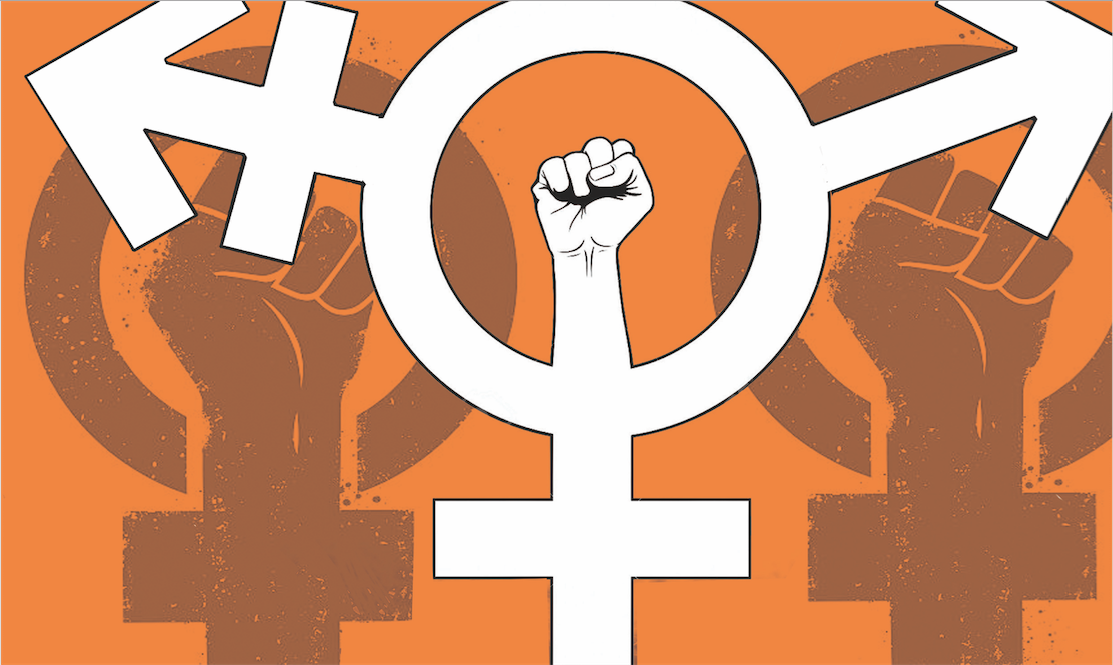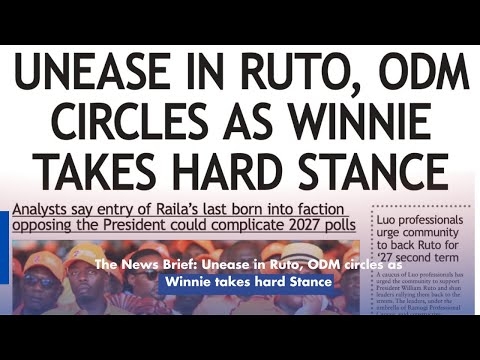

As we move toward the 2027 general election, Kenyans are being urged to register as voters. National conversations are growing louder about participation, numbers and turnout.
Every electoral cycle, we are reminded that voting is the one moment where every citizen is equal.
I keep thinking about what that promise means for someone like me, and for many others whose identities are not reflected in the documents that the state requires us to present.
I was born female, but I have lived as a man for years. Even getting my ID in the first place took three long and exhausting years.
When it finally came, the gender marker still did not reflect who I am. That single mismatch turns everyday life into a series of barriers.
One card determines whether you can open a bank account, access M-Pesa, get formal employment, enrol in higher learning, travel on the SGR or by air, receive health services, pay taxes, hold a driver’s licence, access national health insurance, or even enter certain buildings.
Without an ID that aligns with who you are, each of these becomes a protracted negotiation, a risk or a flat denial.
The right to identity is the door through which all other rights become real. However, for many transgender Kenyans, that door is kept locked.
Without accurate documents, people are pushed out of economic opportunity, essential services, education, safety and democratic participation.
It is a quiet form of disenfranchisement that rarely appears in national conversations about elections, but it shapes the daily lives of thousands.
This context is why transgender people have spent years in courtrooms seeking recognition that should have been available through straightforward administrative processes.
A landmark moment came in August this year, when the High Court in Eldoret delivered a decision in Petition E15 of 2019 before Justice Reuben Nyakundi.
The case was filed on behalf of SC, a transgender woman arrested on allegations of personation. Once officers discovered she was transgender, the situation quickly became violent and degrading.
She was placed in a men’s cell, verbally and physically assaulted, and nearly stripped before an officer intervened, only to place her alone in a corridor where harassment continued.
Her ordeal continued at Moi Teaching and Referral Hospital, where she was taken so that doctors could “determine” her gender. Without her consent, her blood was taken by force. She was stripped in full view of patients, nurses, doctors, officers and strangers. She was examined and humiliated.
When the matter reached the High Court, the legal question centred on whether her constitutional rights had been violated. The court agreed.
For the first time, a Kenyan court expressly recognised the petitioner as a transgender person and affirmed the right of transgender people to self-identify.
Justice Nyakundi also called on other arms of government to act decisively to ensure administrative practices align with constitutional protections to accommodate transgender persons.
That judgment should have been a turning point, but months later, very little has changed because the institutions responsible for its implementation have not translated it into action.
As we approach the general election – and even the November 27 by-elections – we must confront the uncomfortable reality that entire groups can be legally acknowledged yet still practically excluded.
This brings me back to the ongoing push for voter registration. If identity documents remain out of reach or inaccurate for transgender Kenyans, then the right to vote cannot be realised.
Is this regime keen to ensure that minority communities are not left behind? Is it pushing the IEBC and other state bodies to guarantee that every Kenyan can participate fully and freely in our democracy?
The right to have rights should never depend on whether your ID reflects your true gender. Recognition is not an indulgence the state grants. It is the foundation of belonging and participation.
Until every Kenyan can access accurate identity documents and exercise their rights without fear, our democracy remains incomplete.
KHRC’s Transgender Rights Lead


















